He’s often referred to Vladimir Putin as a friend, as someone he has had a good relationship with. But Donald Trump lashed out at the Russian president on Sunday (May 25), referring to the strongman as “gone absolutely crazy”.
The crazy jibe at Putin is a far cry from what Trump has referred to the Russian leader as in the past. In the past, the US president has called Putin a “strong and smart leader”. There are also reports that he and the Russian strongman has developed a bromance — with Trump going as far as claiming that Putin called him a “genius”.
So, what exactly happened? Why is Trump now calling out Putin? Also, what does this mean for the ongoing Russia-Ukraine war, which is in its third year? Let’s get answers to these questions and more.
Trump calls out Putin
Late on Sunday (May 25), the US president called his counterpart “crazy” for launching one of the biggest airstrikes on Ukraine since the start of the war. In a rare rebuke, Trump said: “What the hell happened to him? He’s killing a lot of people.”
Later, speaking to the press in New Jersey, Trump added, “I’ve known him a long time, always gotten along with him, but he’s sending rockets into cities and killing people, and I don’t like it at all.”
On his own social media platform, Trump said of Putin, “I’ve always had a very good relationship with Vladimir Putin of Russia, but something has happened to him. He has gone absolutely crazy! He is needlessly killing a lot of people, and I’m not just talking about soldiers.
“Missiles and drones are being shot into cities in Ukraine, for no reason whatsoever. I’ve always said that he wants all of Ukraine, not just a piece of it, and maybe that’s proving to be right, but if he does, it will lead to the downfall of Russia!”
Trump also told the media that he would “absolutely” consider imposing further sanctions against Russia to force progress in peace talks, although he wasn’t specific.
Russia’s biggest strike on Ukraine
Trump’s harsh criticism for Putin came after a day marked by the deaths and destruction at Ukrainian civilian sites. Russian missiles and drones struck Ukrainian cities with deadly fire over the weekend.
According to Ukrainian media, Moscow launched a swarm of drones and missiles, targeting Kyiv and other Ukrainian regions, killing 12 people, including three children, and injuring at least 79 others. Ukraine’s Deputy Foreign Minister Mariana Betsa identified the dead children to be siblings — eight-year-old Stanislav, Tamara, 12, and Roman, 17.
Russia launched 69 missiles overnight and 298 drones, said Ukraine’s Air Force. It reported that 45 cruise missiles were shot down by air defence and 266 drones were neutralised, while 22 locations recorded a direct strike. The attack also coincides with Kyiv Day, a city holiday typically celebrated on the last Sunday in May.
Ukraine’s Air Force had earlier warned that Russia had launched waves of drones towards multiple regions and also issued a ballistic missile warning shortly before midnight. Later in the night, an aerial alert went into effect for all Ukrainian regions, including the country’s far-western oblasts. Living through a night of terror, one resident told RFE/RL, “It has never been like this before. There were dozens of explosions. Not 10, not 15 — it was endless. You hear that roar in the sky and then bang! And we just keep waiting for what’s next.”
“We assume that [a drone] was on its way to bomb a factory [nearby], but it was shot down and hit the house as it fell. The blast was crazy. We were in the kitchen at that moment. We all ran to the hallway and sat there. It was really scary,” he added.
Russia appears to have been increasingly targeting cities more intensively. Last month, a strike near a playground and another on a crowded city centre killed 53 civilians, including several children.
Ukraine’s allies vocally condemned Russia for its attack. “Last night’s attacks again show Russia bent on more suffering and the annihilation of Ukraine,” top EU diplomat Kaja Kallas wrote on social media. She called for “the strongest international pressure on Russia to stop this war”.
German Foreign Minister Johann Wadephul urged Ukraine’s allies to “react with determination” after the latest Russian attacks. “We cannot accept this,” Wadephul told German television. Putin “is trampling on human rights, this is an affront, also against US President Donald Trump, who has tried so hard to get Putin to the negotiating table.”
Trump slams Zelenskyy too
While rebuking Putin, the US president also had some harsh words for his Ukrainian counterpart, Volodymyr Zelenskyy. Trump said that the Ukrainian leader “is doing his country no favours by talking the way he does”.
“Everything out of his mouth causes problems, I don’t like it, and it better stop,” Trump wrote of Zelenskyy.
Trump’s rebuke of Zelenskyy came after the latter alleged that the US’ “silence” after recent Russian attacks is encouraging President Vladimir Putin. In a pointed message to Trump, Zelenskyy said: “The world may go on vacation, but the war continues, despite weekends and weekdays.
“This cannot be ignored. America’s silence, and the silence of others in the world, only encourages Putin.”
Zelenskyy warned that Russia’s “brutality cannot be stopped” without “strong pressure on the Russian leadership”.
What comes next
The timing of Russia’s strikes on Ukraine are notable; they come just a week after Trump and Putin had a two-hour phone call to discuss a US-proposed ceasefire deal to halt the fighting.
Following the phone call, the US president had said it had gone “very well”, adding that Russia and Ukraine would “immediately start” negotiations toward a ceasefire and “an end to the war”.
Ukraine has publicly agreed to a 30-day ceasefire.
While it is unsure what the future holds, many are assuming that the White House’s remarks on Putin shows that Trump is hardening his stance against the Kremlin, as his attempt to broker an end to the Russian war falters with no breakthrough in sight.
As a report in The Politico said, “Trump’s criticism of the Russian president raises the prospect that the mood has shifted against Putin in the US administration, which initially took a more sympathetic approach to Moscow’s position in the war. Trump has repeatedly blamed Ukraine’s President Volodymyr Zelenskyy for starting the conflict and for prolonging it, even though Russian forces launched a full-scale invasion in February 2022.”
Will it help change the tide in the ongoing Russia-Ukraine war? Only time will tell.
With inputs from agencies


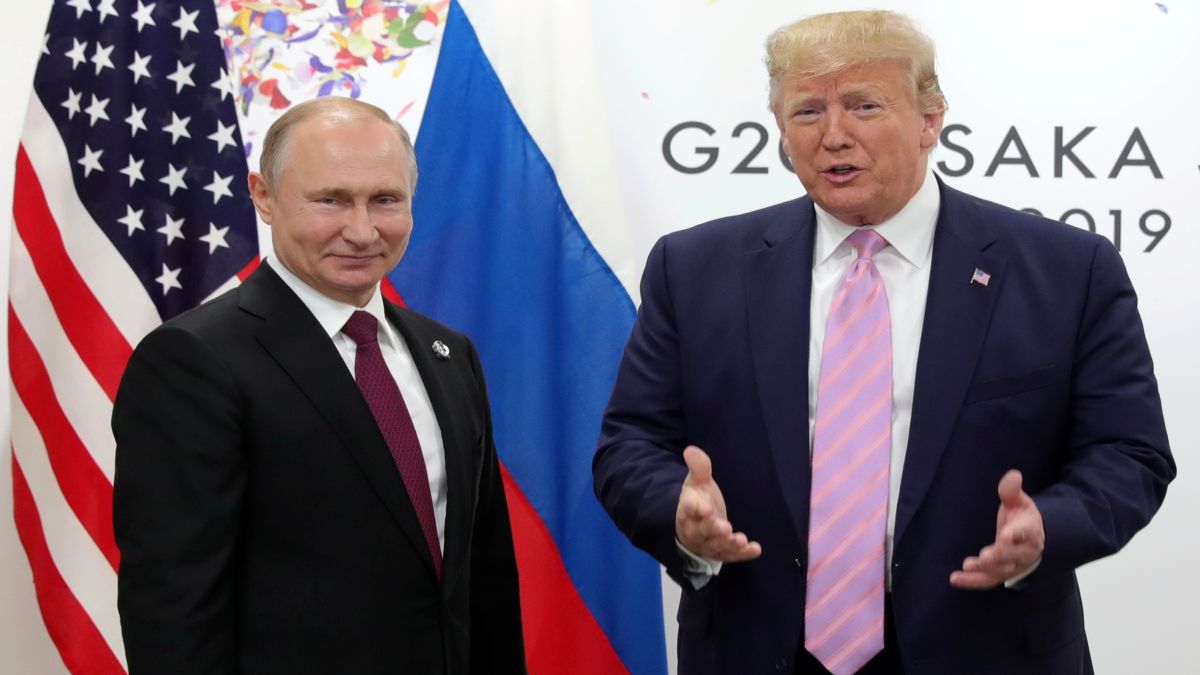)
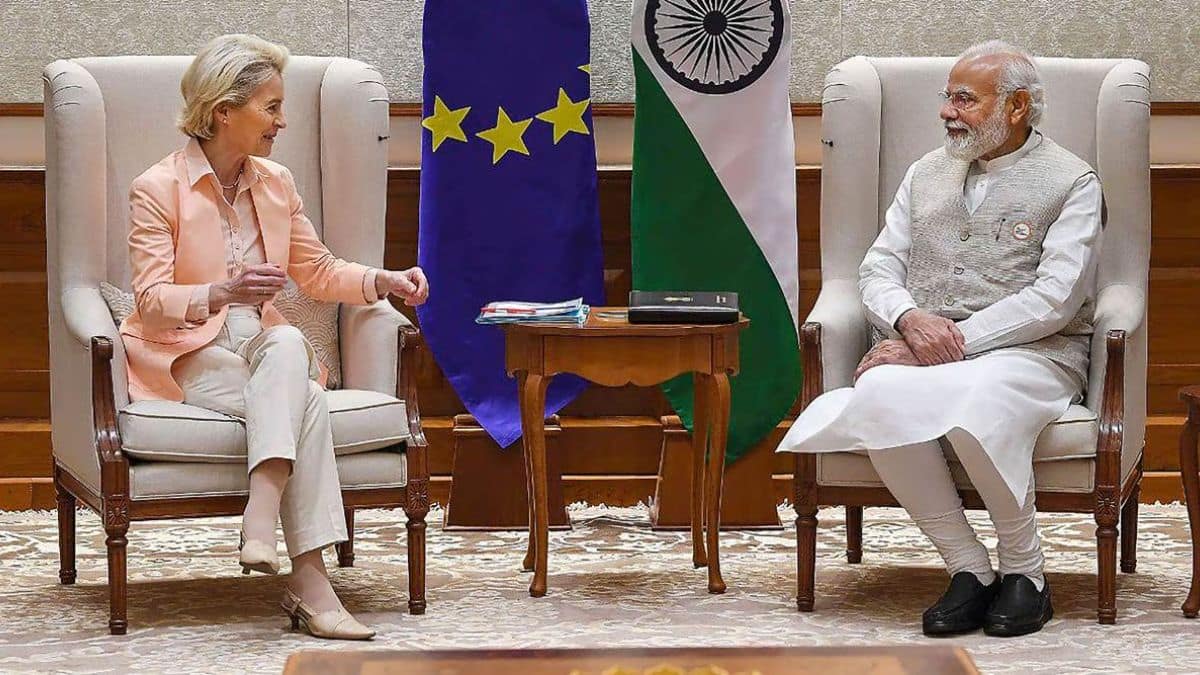
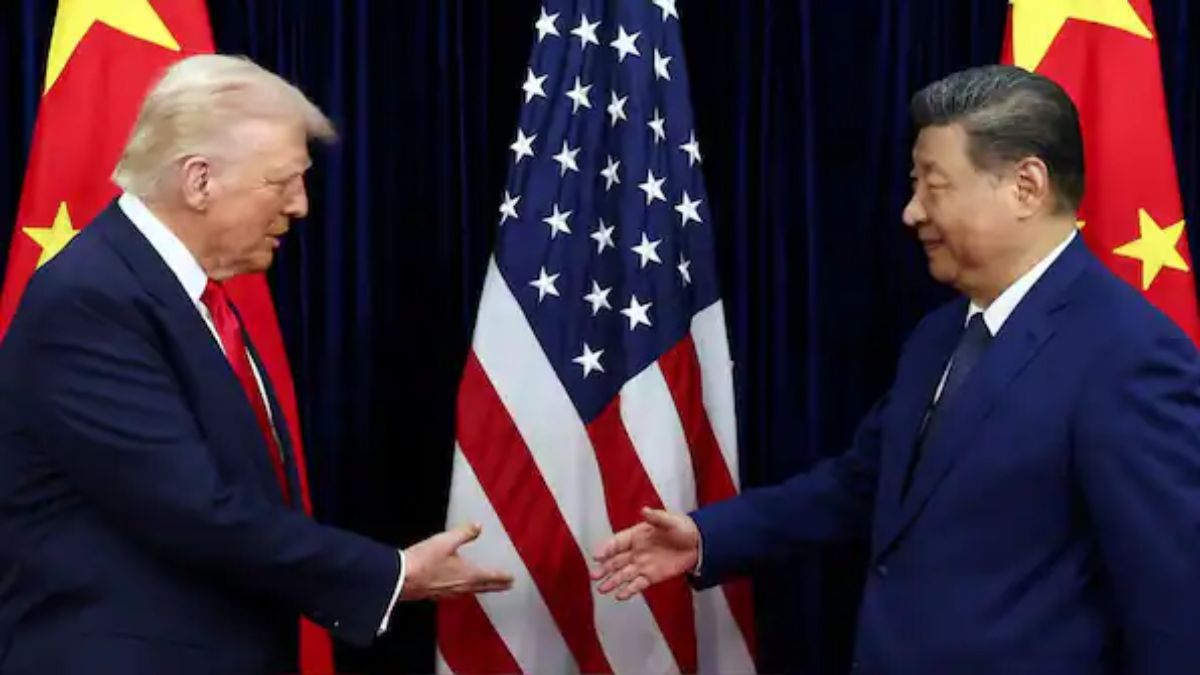)
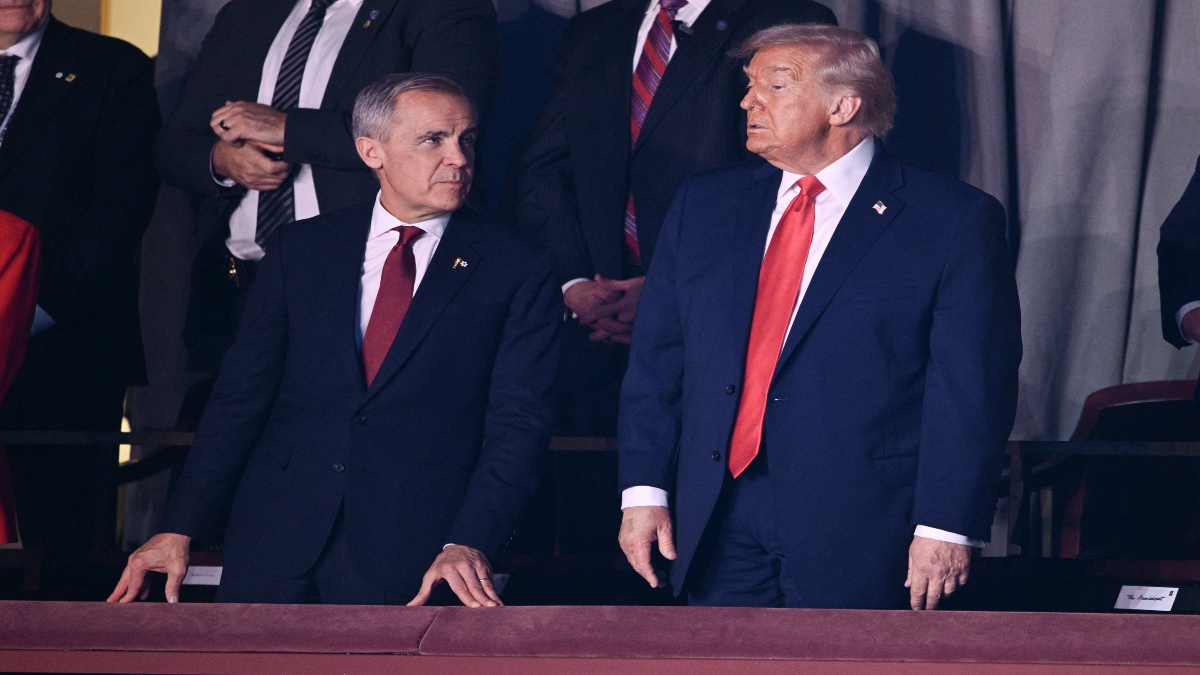)
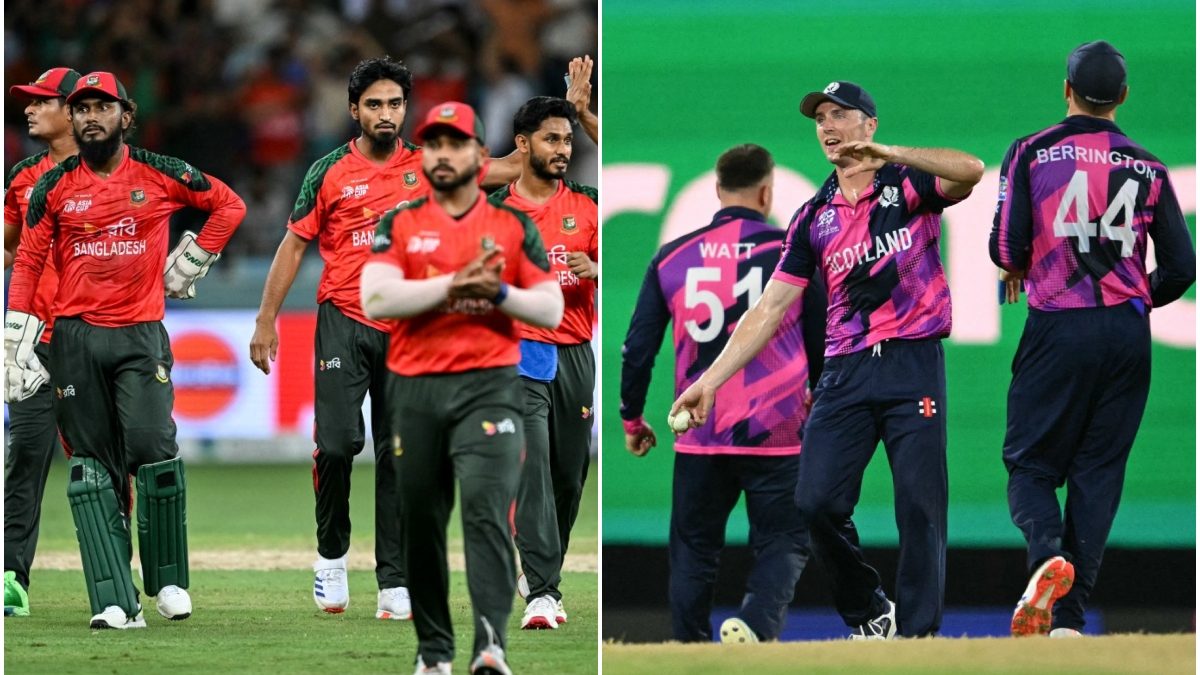)
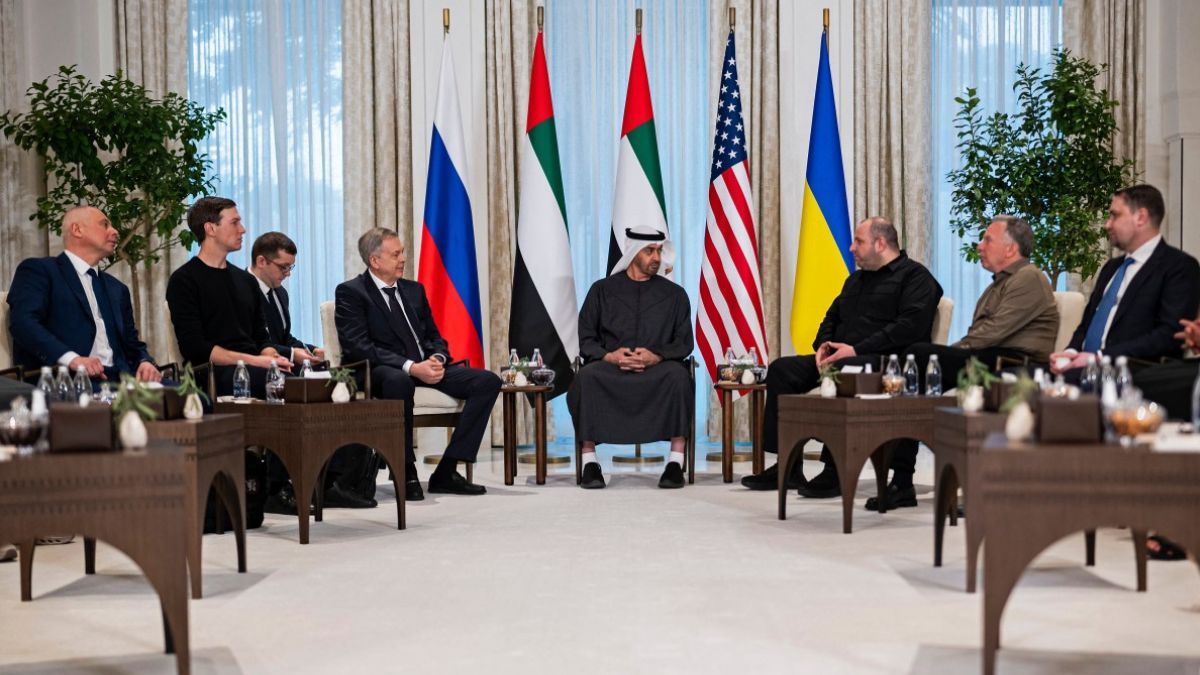)
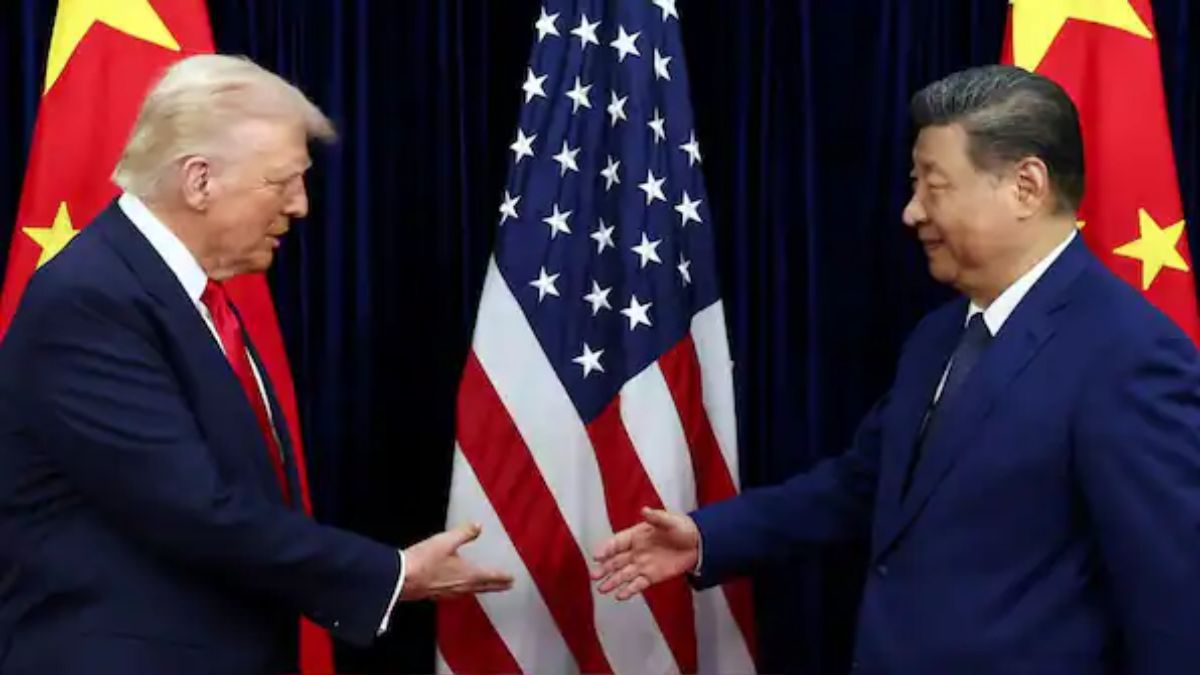)
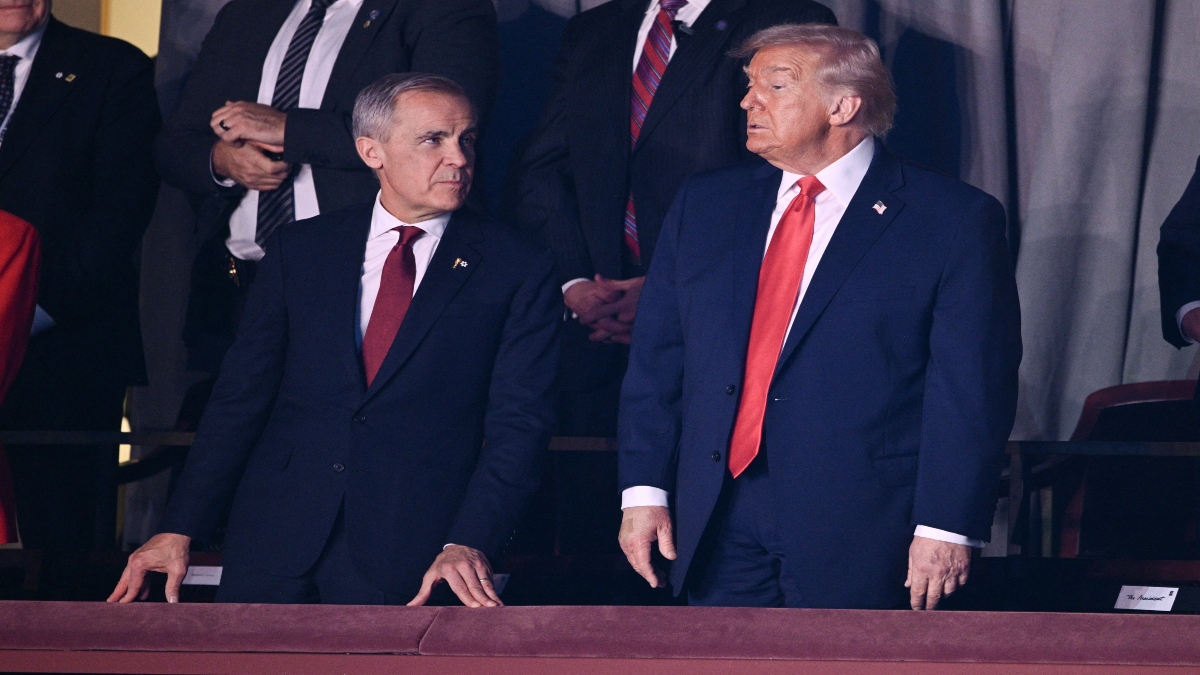)
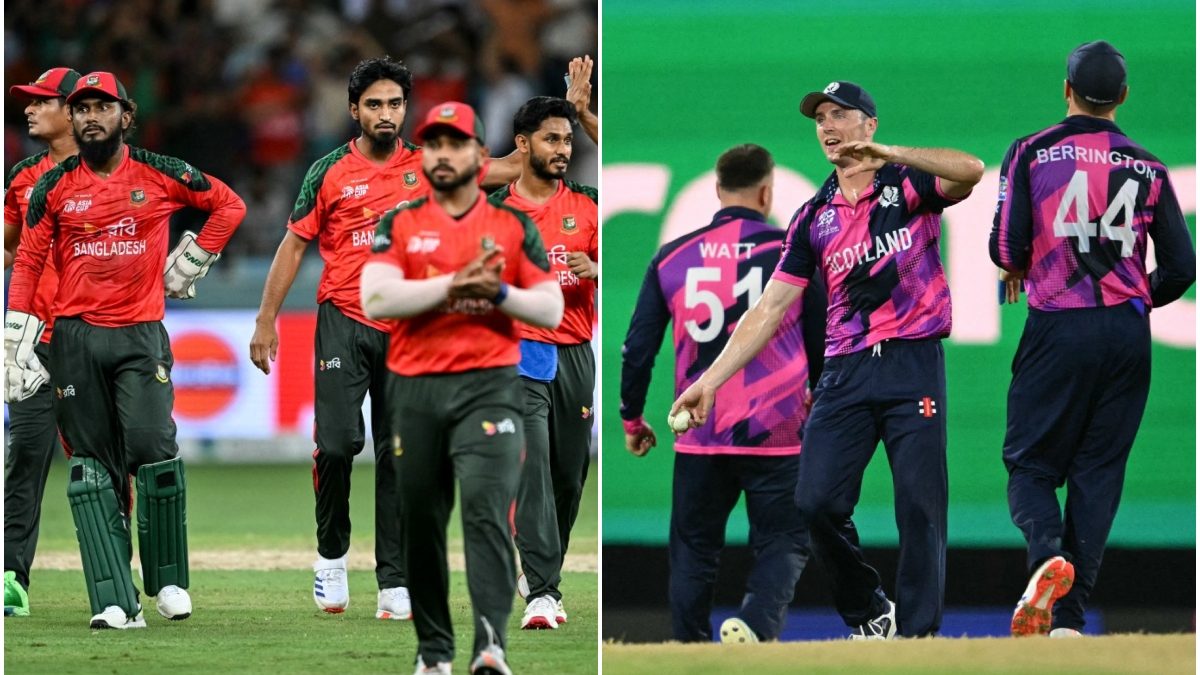)
)



